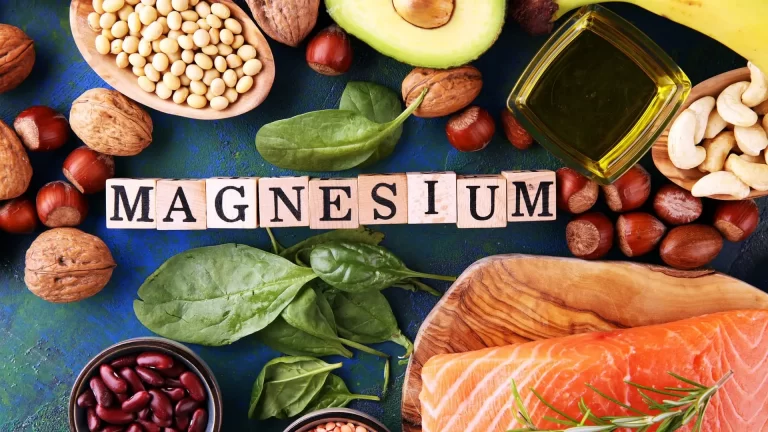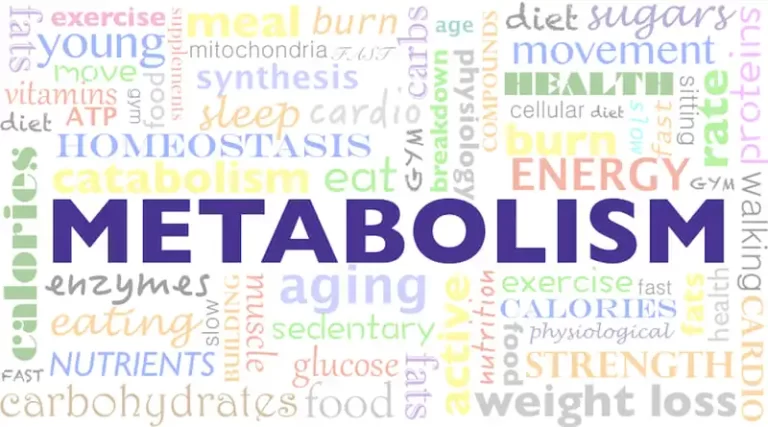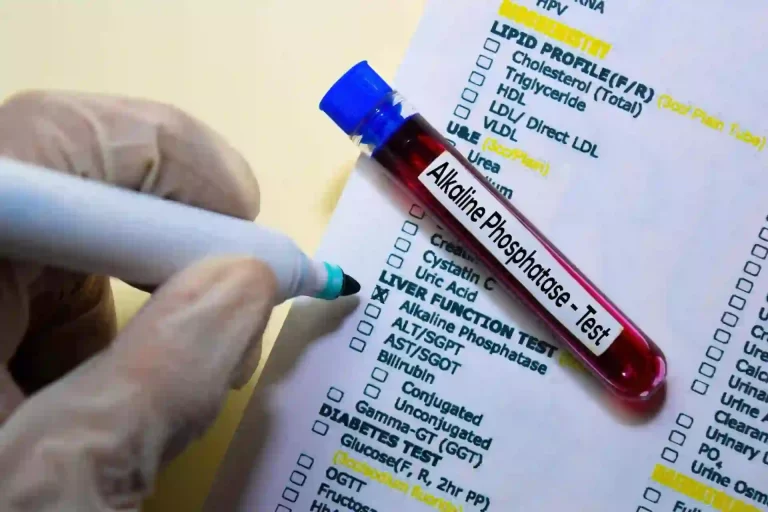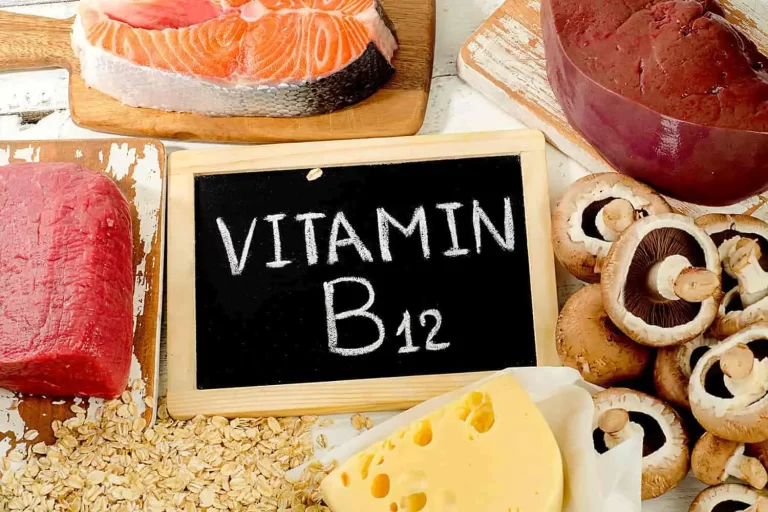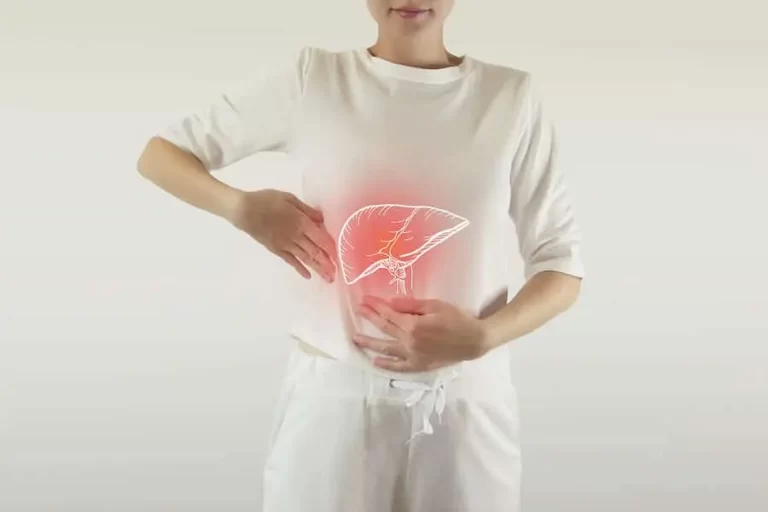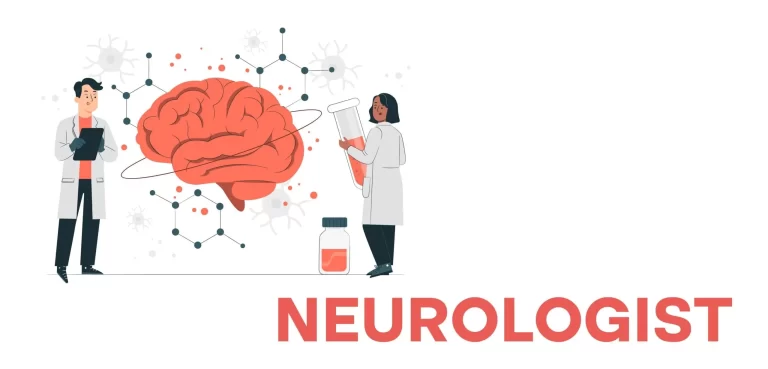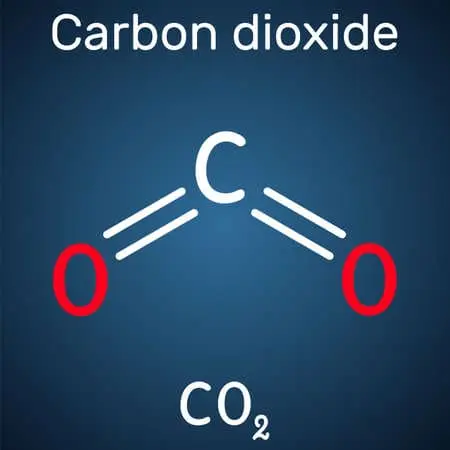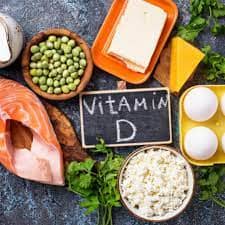What does Magnesium do to the Body?
Magnesium is an important mineral used by the body to support healthy function. It helps maintain brain and heart function. It may provide health benefits in your diet, such as reducing blood sugar. The fourth most often found mineral in your body is magnesium. It is involved in more than 600 cellular reactions, from making DNA to helping muscles contract. Despite its importance, up to…

